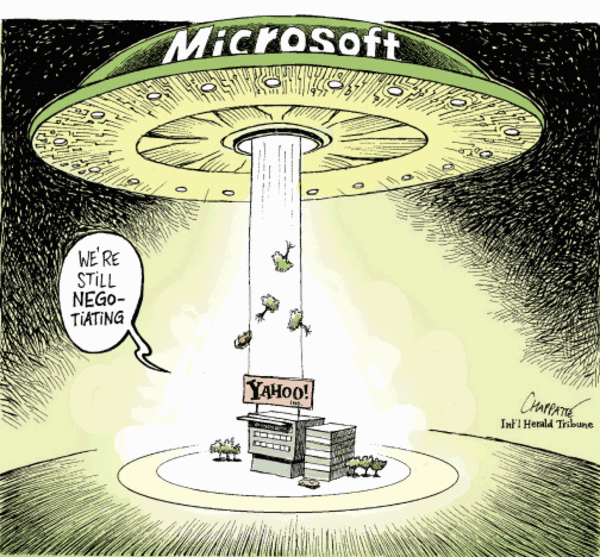Once upon a time there was an experiment in Google called Google Suggest (This link redirects to Google Auto Complete which is now default feature of Google searches across the globe).
I liked the concept since it brought promise of proactively helping the user to chose the right content.
However, you should expect more from a devil’s advocate like me.
Exploring Google Keywords (again a labs feature that is now part of Google Adwords product), I realized it is not only user’s comfort that suggested Google to suggest the search terms.
If you start typing “used cars”, Intelligent Google floods you with suggestions like “used cars in delhi”, “used cards in noida”, “used cars in chennai”.
WTF!!! I meant to search for “used cars or new car”. No problems anyways, since Google thinks I am not part of majority that would eventually type the terms suggested by it.
However, if you go to Google keywords, and search for keyword suggestions for “used cars” with India geography, you would find that the same terms appear as keyword suggestion that were thrown in Google search.
And no surprises: these keywords are the ones which come under “high competition” segment.
High competition segment keywords are costliest keywords to buy on Google Adwords.
If Google does not provide suggestion to users in Google search, there would be far more keywords, all of them combined fetching far less revenue to Google than the “high competition” keyword thrusted upon us.
Looking at this, why shouldn’t we assume that Google is trying to find ways of increasing prices of certain keywords, bringing more money the Biggest advertising agency on the globe?
Food for thought?
 Holding my breath to see what facebook email has in store for me.
Holding my breath to see what facebook email has in store for me.

